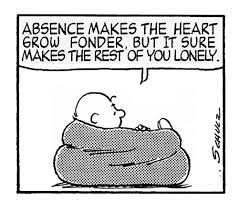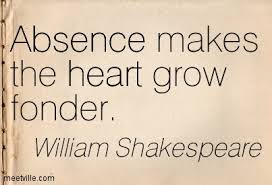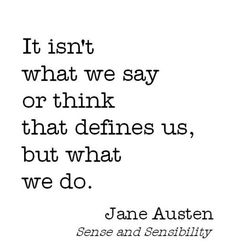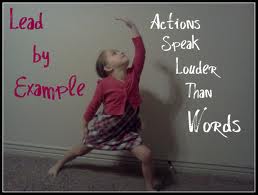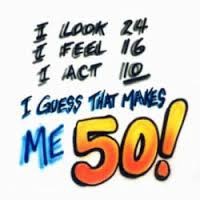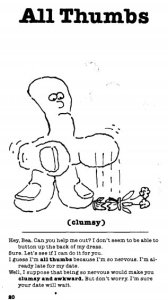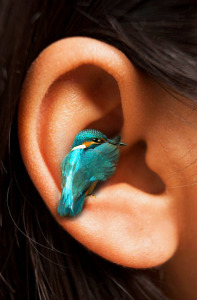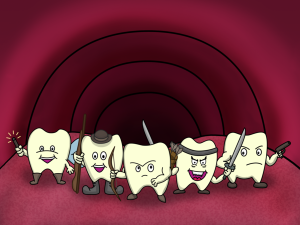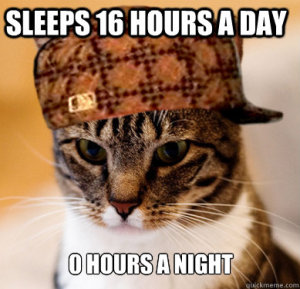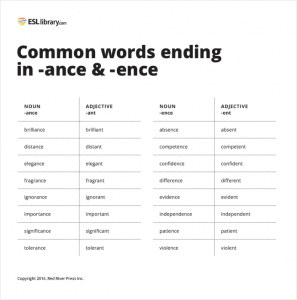Get moving into MODALS
Some of my students have a particularly hard time understanding modal verbs. Since I teach a lot of Italians I have become familiar with some language work for Italian students of English, specifically that of John Peter Sloan. However, he explains his ‘methods’ in Italian, obviously! So for the purpose of all other students, who don’t speak Italian, here is the translation. It’s not my idea, it’s his. I want to make that clear, but it’s a very good idea indeed and works wonders for making modals easier to understand and use.
The idea is that you think of modal verbs with percentages that show to what degree the action is likely, possible or probable. Then you simply use the relevant modal according to the result.
For example:
could 35%
may / might 50%
have to 75%
must 90%
should = the only exception, no percentage here as it is a matter of advice… think of someone with a wagging finger, tutting at you when you use this… ‘You SHOULD stop smoking!’
So… the process:
- Choose your subject pronoun
- Choose your verb, always in the infinitive (without ‘to’) after a modal verb.
- Choose the possibility factor and insert the appropriate modal between the subject pronoun and the verb.
I MAY go to the party (50% possibility factor… probably depends on whether their best friend goes too!)
I HAVE TO go to the party (75% possibility factor… as it’s my parents’ anniversary!)
I MUST go to the party (90% possibility factor… because it has been organised especially for me to celebrate my 40th birthday!)
I SHOULD go the party (because my girlfriend will be upset if I don’t!)
Try it… it works!
[gap height=”15″]
Contact Rachel today > http://www.italki.com/teacher/1394345
[gap height=”15″]

